RCMP Training Duration: Essential Info & Timeline
Did you know that the Royal Canadian Mounted Police (RCMP) Academy in Regina, Saskatchewan, offers a comprehensive training program that lasts for 26 weeks? This intensive training program is designed to prepare cadets for a career as an RCMP police officer, equipping them with the necessary skills and knowledge to serve and protect their communities.
During the RCMP training program, cadets undergo a rigorous schedule from 6 am until 4:30 pm, with additional program-related duties after hours. The training is physically and academically demanding, requiring cadets to be in good physical condition. They are taught a range of skills including applied police sciences, police defensive tactics, fitness, firearms training, police driving, drill and deportment, and operational conditioning.
Upon successful completion of the Cadet Training Program, cadets are offered employment with the RCMP and given peace officer status.
Key Takeaways:
- The RCMP training program at the RCMP Academy in Regina, Saskatchewan, lasts for 26 weeks.
- Cadets undergo a physically and academically demanding training program to prepare them for a career as an RCMP police officer.
- The program covers a range of skills including applied police sciences, police defensive tactics, fitness, firearms training, police driving, drill and deportment, and operational conditioning.
- Successful completion of the Cadet Training Program leads to employment with the RCMP and peace officer status.
- Physical fitness is an important aspect of the training, and cadets are required to be in good physical condition.
The RCMP Academy: Your Gateway to Becoming an RCMP Officer
Welcome to Depot, also known as the RCMP Academy. This is where your journey towards becoming an RCMP police officer begins. At Depot, cadets are immersed in an intensive 26-week training program, laying the foundation for their future careers. Let’s explore what you can expect during your time at Depot.
Paramilitary Training Environment
Depot operates in a paramilitary environment, instilling self-discipline and fostering teamwork skills. This unique setting prepares cadets for the challenges they will face in their law enforcement careers. Through structured training and a focus on teamwork, cadets develop the essential qualities required of an RCMP officer.
Living at Depot
Cadets reside at Depot throughout their training period, creating a sense of camaraderie and a second home. Each cadet is provided with an individual room, ensuring privacy and a comfortable living space. Cultural and religious considerations are also taken into account, making Depot an inclusive environment for all cadets.
Meals and Dietary Accommodations
Meals are served in a cafeteria that caters to a variety of dietary restrictions. Cadets can expect a nutritious and well-balanced menu to support their physical and mental well-being during training. Whether you have dietary preferences or specific requirements, Depot ensures that your dietary needs are met.
Forming Lifelong Bonds
During your time at Depot, you will develop deep connections and forge lifelong friendships with your fellow cadets. The shared experiences and challenges of the training program create a unique bond that extends beyond the training period. You will find comfort, support, and a sense of belonging among your peers as you embark on this transformative journey.
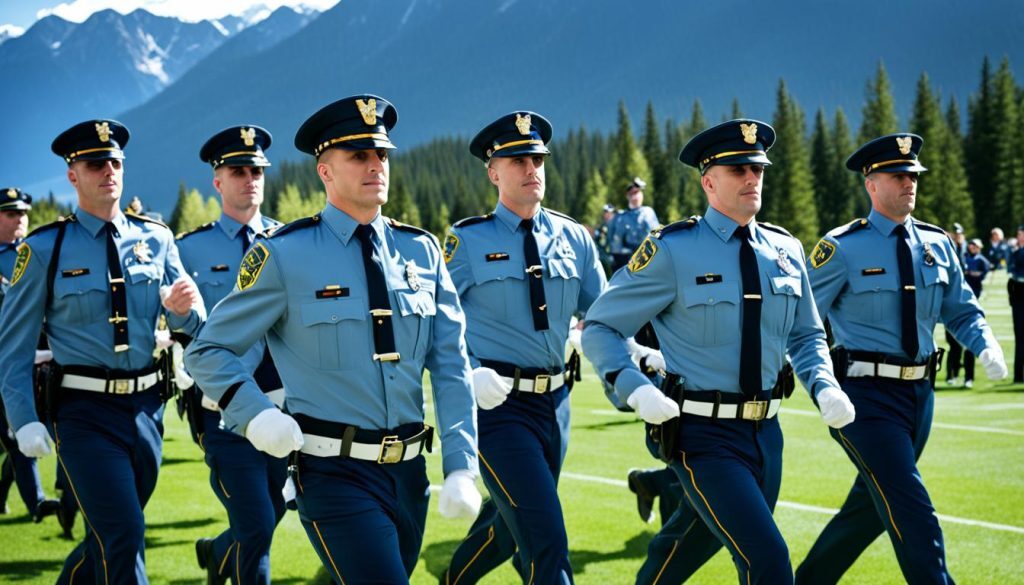
| RCMP Academy Duration | 26 weeks |
|---|---|
| Program Length | Intensive 26-week training program |
| Training Period | 26 weeks |
The Cadet Training Program: Core Components
The Cadet Training Program (CTP) at Depot is a comprehensive training program designed to prepare cadets for a career as an RCMP police officer. The program consists of 785 hours of training spread across seven disciplines or units.
- Applied Police Sciences: This unit is the largest component of the training program, accounting for 373 hours. Cadets learn problem-solving skills, community interaction strategies, and acquire knowledge related to the law.
- Police Defensive Tactics: Cadets undergo intensive training in self-defense and arrest techniques, preparing them for real-world policing situations.
- Fitness and Lifestyle: This unit focuses on maintaining physical fitness throughout the training program, ensuring that cadets are in good physical condition for the demands of the job.
- Firearms Training: Cadets receive comprehensive training in safe handling and use of RCMP service firearms.
- Police Driving: This unit provides instruction on safe and effective driving techniques, essential for police officers in their daily duties.
- Drill and Deportment: Emphasizing discipline and teamwork, this unit helps cadets develop essential skills for professional appearance and conduct.
- Detachment Scenarios/Exams/Research: Cadets engage in practical scenarios, exams, and research to apply their learned skills and knowledge in real-world settings.
Throughout the Cadet Training Program, cadets undergo rigorous training in firearms handling, defensive tactics, physical conditioning, and various other aspects of policing. This comprehensive training ensures that cadets are well-equipped to handle the challenges they will face as RCMP police officers.
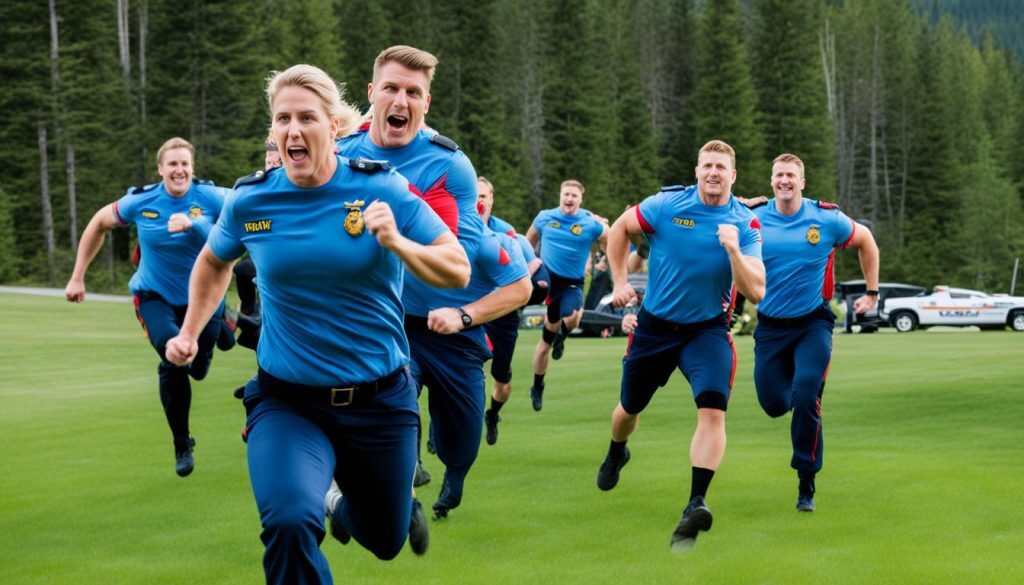
Want to know more about the training program?
In the next section, I will discuss the benchmarks and milestones that cadets go through during their training, ensuring they are prepared for a successful career in the RCMP.
Benchmarks and Milestones in the Cadet Training Program
As cadets progress through the Cadet Training Program, they encounter various benchmarks and milestones that gauge their development and readiness to become RCMP police officers. These milestones include exams, progress reports, and practical assessments, ensuring that cadets acquire the necessary skills and knowledge for their future roles.
Some of the notable benchmarks and milestones in the training program are:
- Completion of the first detachment at week 12
- Midterm exams at week 13
- Progress reports at week 14 and 26
- Final exams at week 22
In addition to these general milestones, cadets also have specific benchmarks within each unit of the training program. For example, there are different driving benchmarks, firearms qualifications, and defensive tactics tests that cadets must successfully complete.
These benchmarks and milestones play a crucial role in assessing cadets’ progress and ensuring they are well-equipped to face the challenges of being an RCMP police officer. They provide a comprehensive evaluation of cadets’ capabilities and readiness to serve and protect their communities.
Example Milestone Schedule:
| Week | Milestone |
|---|---|
| 12 | Completion of the first detachment |
| 13 | Midterm exams |
| 14 | Progress report |
| 22 | Final exams |
| 26 | Final progress report |
These milestones serve as important checkpoints throughout the training program, allowing cadets to track their progress and ensure they are meeting the necessary requirements to become successful RCMP police officers.
Cadet Training Program at a Glance: Units and Facilitators
The Cadet Training Program consists of several units, each taught by experienced facilitators. Let’s take a closer look at each unit and the role of facilitators in delivering comprehensive training to RCMP cadets.
Applied Police Sciences
The Applied Police Sciences unit is the largest component of the Cadet Training Program, comprising 373 hours of training. Facilitators in this unit include both police officers and public servants with specialized backgrounds. They deliver instruction on various topics, including problem-solving, community interaction, and the acquisition of knowledge related to the law. This unit equips cadets with the essential theoretical and practical foundations needed for effective policing.
Police Defensive Tactics
The Police Defensive Tactics unit focuses on developing self-defense and arrest techniques. Experienced officers serve as facilitators in this unit, providing hands-on training to cadets. Through this training, cadets learn how to protect themselves and others while ensuring the safety and security of the communities they serve.
Fitness and Lifestyle
The Fitness and Lifestyle unit plays a crucial role in helping cadets maintain physical fitness throughout the training program. Facilitators in this unit guide cadets in developing healthy lifestyle habits and physical conditioning techniques. By promoting a balanced and active lifestyle, this unit prepares cadets for the physical demands of their future roles as RCMP police officers.
Firearms Training
The Firearms Training unit has facilitators who teach safe handling and use of RCMP service firearms. These highly skilled facilitators provide comprehensive training on firearm safety protocols, marksmanship, and tactical shooting techniques. Cadets gain the necessary skills and knowledge to handle firearms responsibly and effectively in various operational scenarios.
Police Driving
The Police Driving unit focuses on instruction in safe and effective driving techniques. Facilitators in this unit guide cadets through comprehensive training on police vehicle operation, pursuit driving, and defensive driving strategies. They ensure that cadets develop the necessary skills to handle emergency situations on the road while complying with laws and regulations.
Drill and Deportment
The Drill and Deportment unit emphasizes discipline and teamwork. Facilitators in this unit train cadets in military drill movements, parade formations, and ceremonial protocols. By instilling discipline and fostering teamwork, this unit prepares cadets to conduct themselves with professionalism and confidence, both in everyday policing duties and during public events.
Operational Conditioning
The Operational Conditioning unit focuses on physical fitness and well-being. Facilitators in this unit guide cadets through physical conditioning exercises, endurance training, and overall wellness strategies. This unit ensures that cadets maintain a high level of physical fitness throughout the program, essential for their performance in challenging policing tasks.
In this section, we explored the various units within the Cadet Training Program and the role of facilitators in delivering comprehensive training to RCMP cadets. Each unit contributes to the development of key skills and knowledge necessary for a successful career as an RCMP police officer. From applied police sciences to firearms training and operational conditioning, cadets undergo rigorous training under the guidance of experienced facilitators. This comprehensive training prepares them for the challenges and responsibilities they will face as future RCMP officers.
Supporting Cadets and the Role of Family
The RCMP recognizes the importance of family support during the Cadet Training Program. The training program can be physically and mentally demanding, and having a strong support system is crucial for cadets’ success. The RCMP provides resources and services to support cadets and their families during the training period.
During the RCMP training program, cadets and their families have access to a range of support services and information guides. These resources help families understand the training process and provide guidance on how to best support their loved ones. From information about the training schedule to tips on maintaining communication, these resources aim to ease any concerns and provide the necessary information for families to navigate the training journey.
Communication is a vital aspect of supporting cadets during their training. The RCMP facilitates regular email communication between cadets and their families, allowing for updates, encouragement, and the sharing of experiences. This helps families stay connected and informed about the cadets’ progress, ensuring that they feel engaged and involved in their loved one’s training journey.
Family visits are also encouraged during the training period. The RCMP provides opportunities for families to visit cadets at the RCMP Academy in Regina, Saskatchewan. These visits offer a chance for families to see firsthand the environment in which the training takes place and to provide direct support and encouragement to the cadets. They also strengthen the bond between cadets and their families, serving as a reminder of the support system waiting for them upon graduation.
In addition to visits, families can send care packages and letters to cadets during their training. These gestures of support can boost morale and provide cadets with a sense of comfort and encouragement. Whether it’s a favorite snack, a heartfelt letter, or a small reminder of home, these care packages and letters play a significant role in helping cadets stay motivated and connected to their families.
The role of family support extends beyond the duration of the training program. The RCMP encourages families to continue providing support and encouragement as cadets progress through their training journey and beyond. From celebrating milestones to offering a listening ear, families play a crucial role in the overall well-being and success of RCMP cadets.
| Support Services | Description |
|---|---|
| Information Guides | Comprehensive guides providing details about the training program, schedule, and expectations for families. |
| Email Communication | Regular email updates and communication to keep families informed about cadets’ progress and experiences. |
| Family Visits | Opportunities for families to visit cadets at the RCMP Academy, providing support and encouragement in person. |
| Care Packages and Letters | Families can send care packages and letters to cadets, boosting their morale and keeping them connected to home. |
Graduation and Beyond: Continuing Education and Field Coaching
Upon successfully completing the Cadet Training Program at Depot, cadets graduate and are offered employment as RCMP police officers. However, their journey doesn’t end there. Graduates enter a valuable phase called the Field Coaching Program, which plays a crucial role in their transition from cadet to fully operational RCMP officer.
During the six-month Field Coaching Program, new officers are assigned to a selected detachment where they actively participate in everyday policing duties. Under the guidance and supervision of experienced field coaches, they gain hands-on experience and receive mentorship to further develop their skills. This program provides a unique opportunity for new officers to apply the knowledge and techniques they learned during their training in real-world situations.
The Field Coaching Program focuses on practical application, problem-solving, and critical thinking. It allows new officers to refine their decision-making abilities and adapt their training to various scenarios they may encounter while on duty. By working closely with experienced field coaches, they learn valuable strategies and gain insight into the complexities and challenges of a career in law enforcement.
Field coaching also fosters personal growth and enhances professional development. New officers have the opportunity to learn from the experiences and expertise of their field coaches, who provide guidance, feedback, and support throughout the program. This mentorship not only helps officers build confidence but also builds essential connections within the RCMP community.
Upon successful completion of the Field Coaching Program, officers graduate as fully operational RCMP members. They are prepared to apply their training, knowledge, and skills to serve and protect their communities with efficiency, integrity, and professionalism.
The Benefits of Field Coaching Program:
- Opportunity to apply training in real-world scenarios
- Hands-on experience under the guidance of experienced field coaches
- Mentorship and support for professional development
- Enhancement of decision-making and problem-solving skills
- Insight into the complexities and challenges of the RCMP
- Building connections and relationships within the RCMP community
| Field Coaching Program | Duration | Goals |
|---|---|---|
| Phase 1 | 3 months | Consolidate and apply training knowledge to real-world situations |
| Phase 2 | 3 months | Further develop skills, decision-making abilities, and problem-solving techniques |
By successfully completing the Field Coaching Program, officers embark on a fulfilling career with the RCMP. They become integral members of the organization, contributing to the safety and well-being of their communities. The skills and experiences gained through the Cadet Training Program and the Field Coaching Program form a strong foundation for a successful and rewarding career in law enforcement.
Congratulations on Completing Your RCMP Training!
Completing the RCMP training program is a significant achievement. As a graduate of the program, you have undergone extensive training and are now well-prepared to embark on a fulfilling career as an RCMP police officer. Throughout your training, you have acquired the necessary skills, knowledge, and values to serve your community and uphold the high standards of the RCMP.
But your learning and development doesn’t stop here. As you begin your career, you can expect to continue honing your skills through ongoing training and professional development opportunities. The RCMP recognizes the importance of staying updated with the latest techniques, technology, and practices in law enforcement. This commitment to continuous learning ensures that you are well-equipped to handle the dynamic challenges of the job.
The RCMP offers a wide range of career advancement and specialization opportunities. Whether you choose to specialize in a specific area of policing or take on leadership roles, there are ample avenues for growth within the organization. The RCMP values diversity and encourages its members to explore different career paths, enabling you to carve out a rewarding and impactful career.
Once again, congratulations on completing your RCMP training! You should be proud of your accomplishments and the dedication you have shown. As you embark on this new chapter as an RCMP officer, remember to uphold the core values of the RCMP – professionalism, integrity, respect, and compassion. Best of luck in your future endeavors, and thank you for your commitment to serving and protecting our communities.
- Canada Arrest Protocol: What Police Say Upon Arrest - June 12, 2025
- Can Police Disclose Who Reported You? Find Out Here - June 6, 2025
- 2025 Window Rebates Ontario: How to Save Money While Replacing Windows and Doors - April 24, 2025
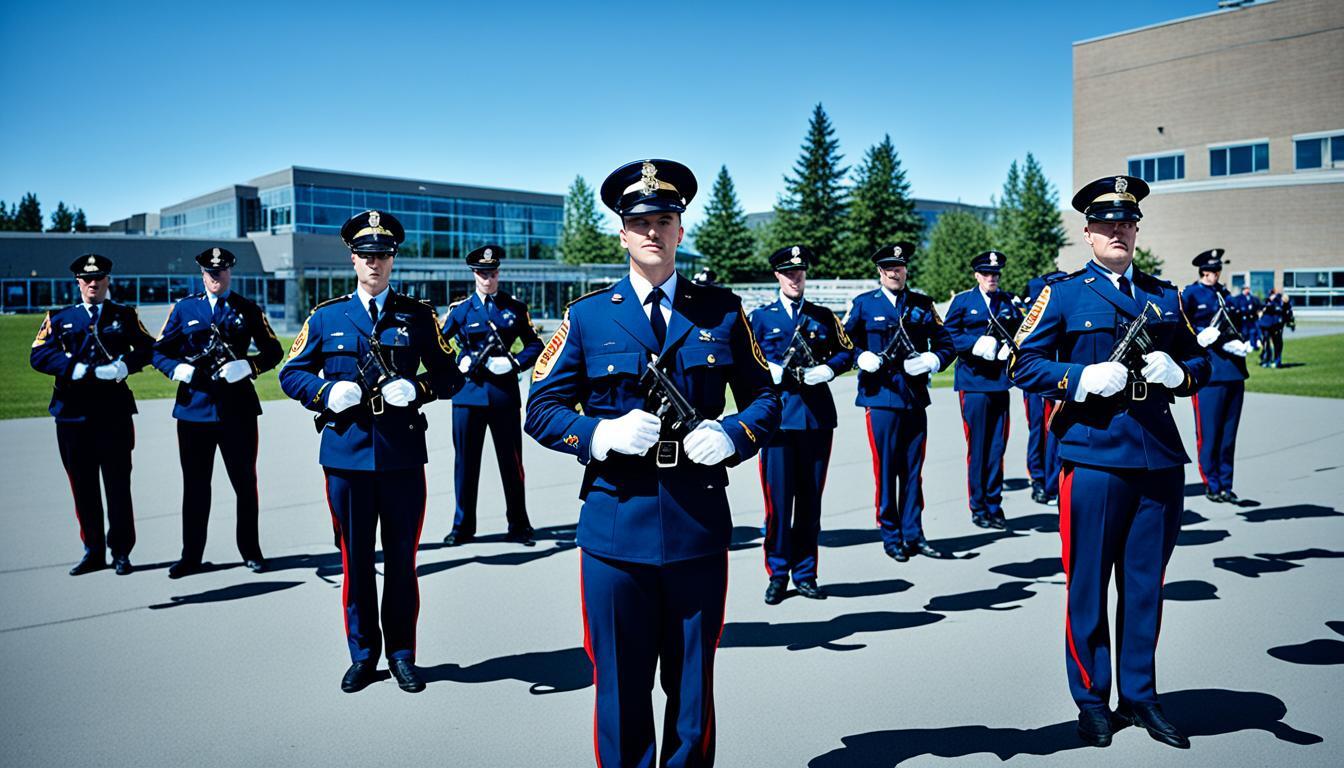
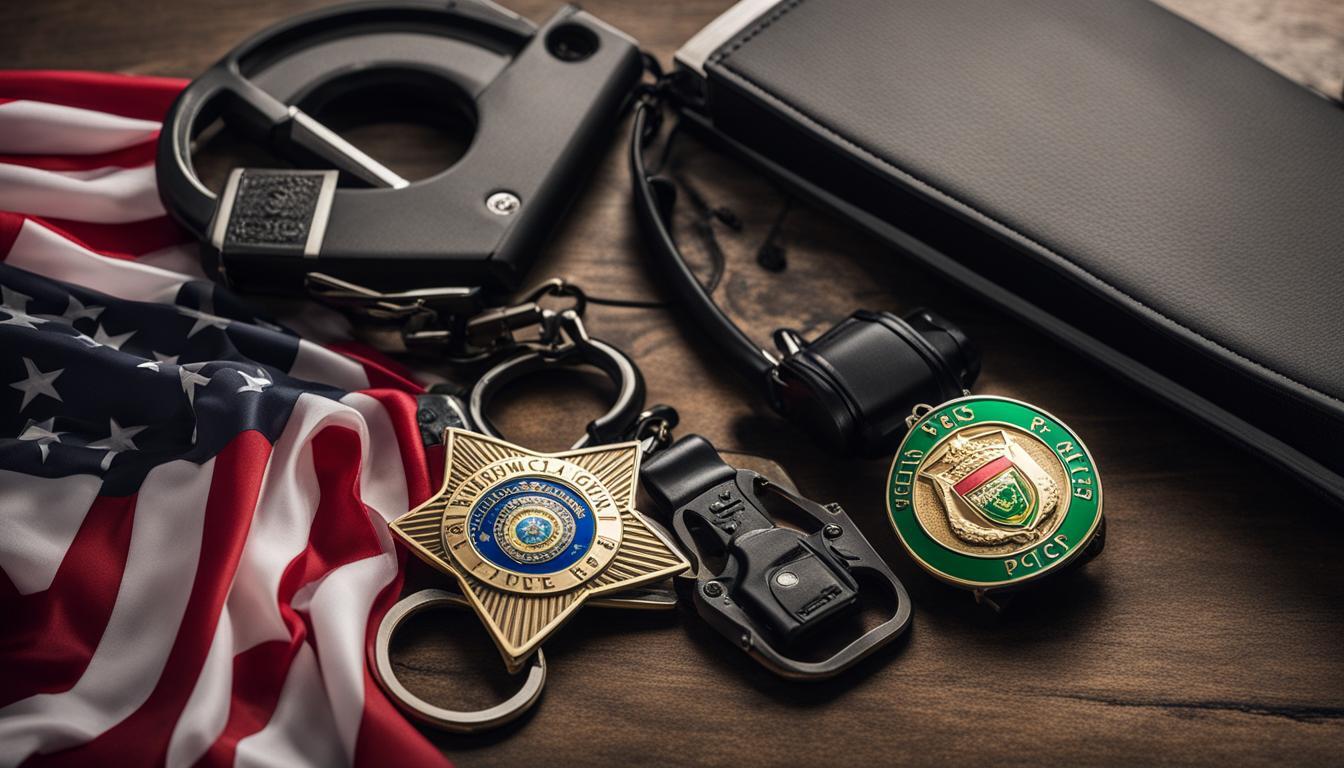
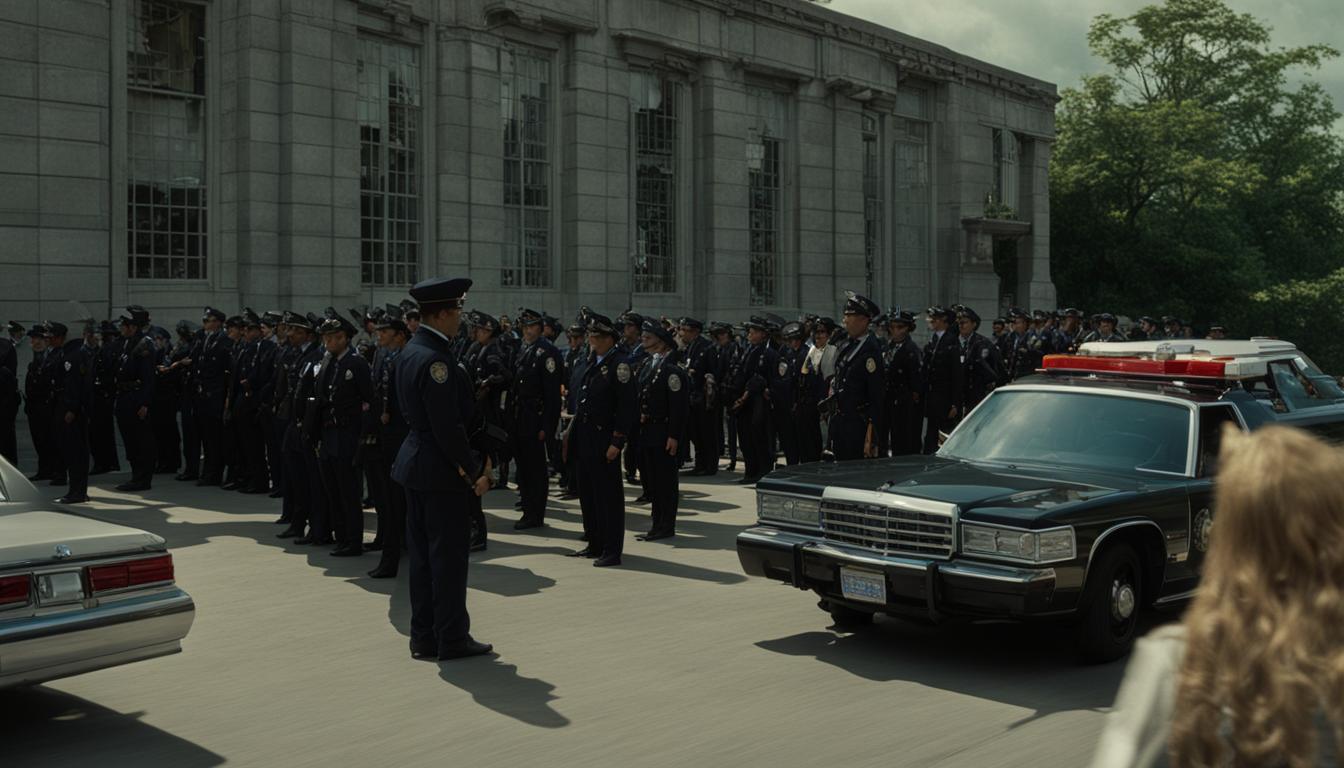


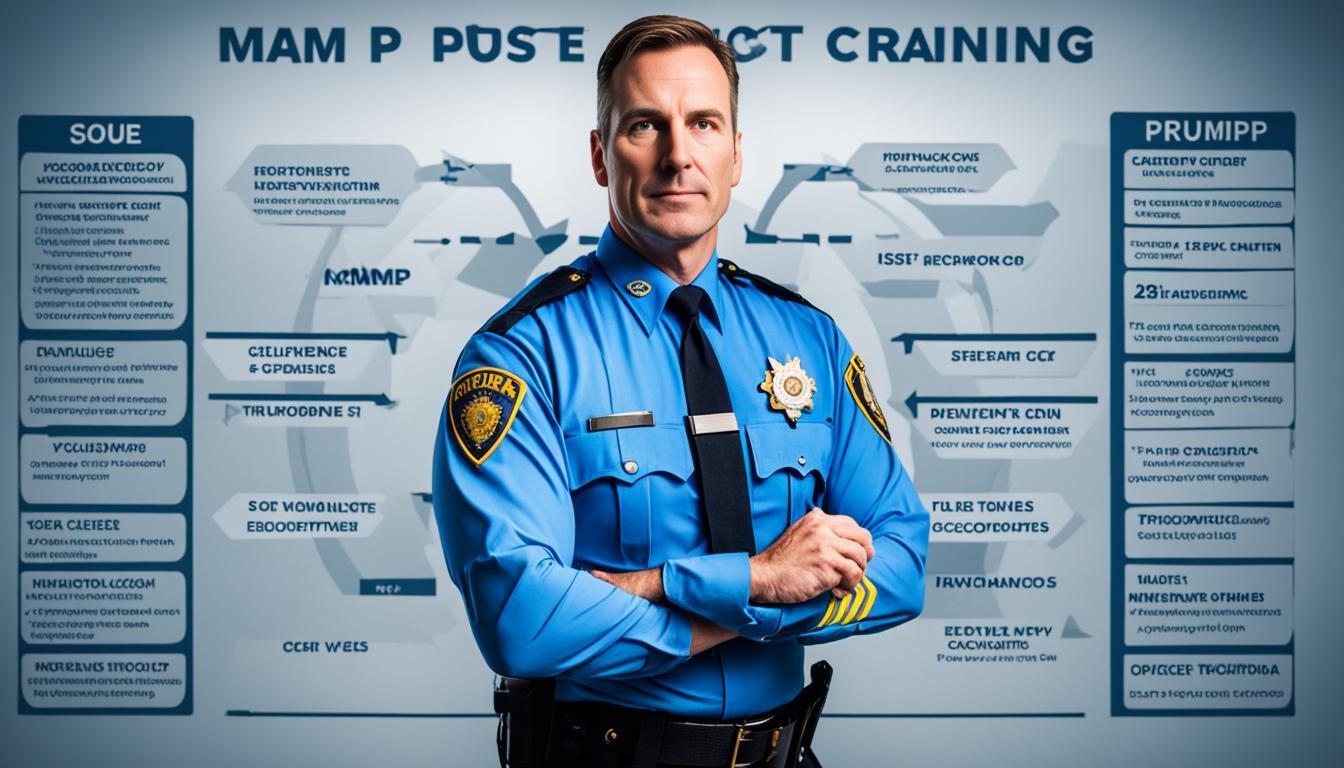
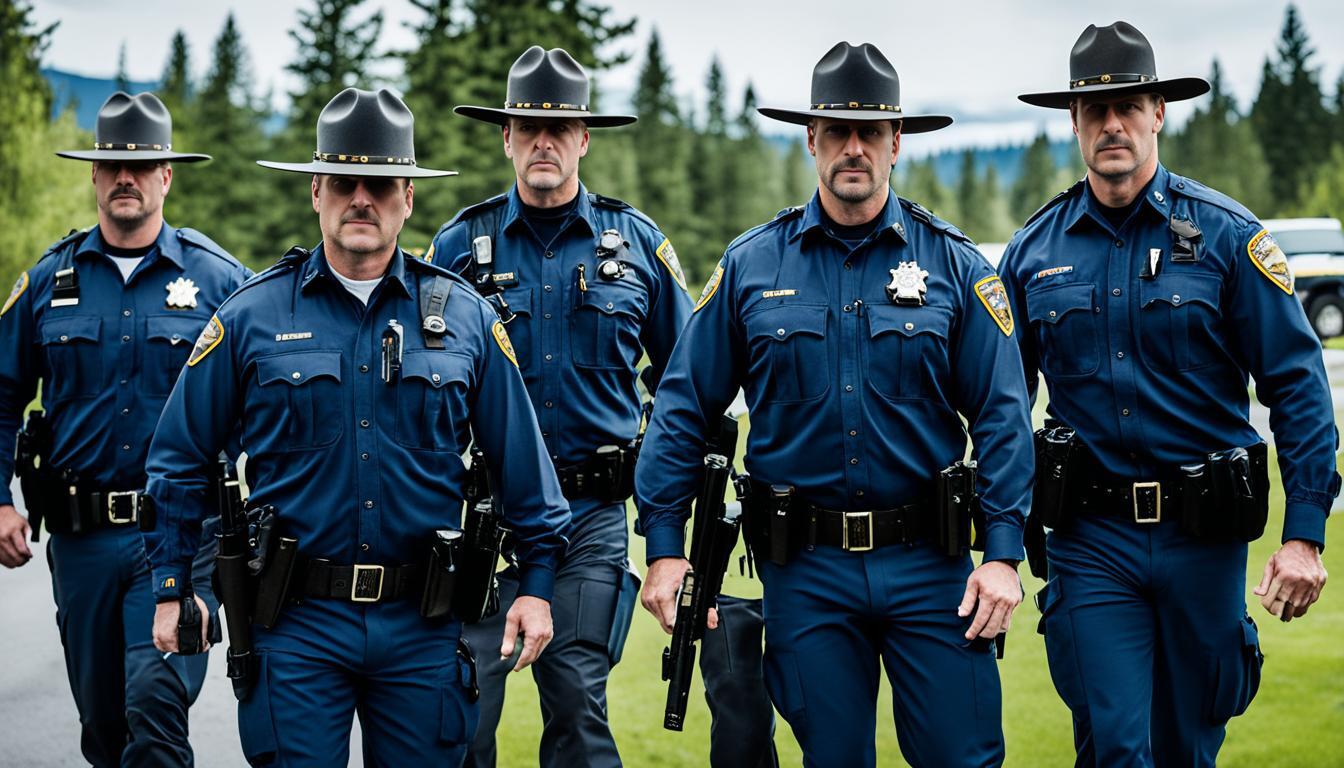













Post Comment